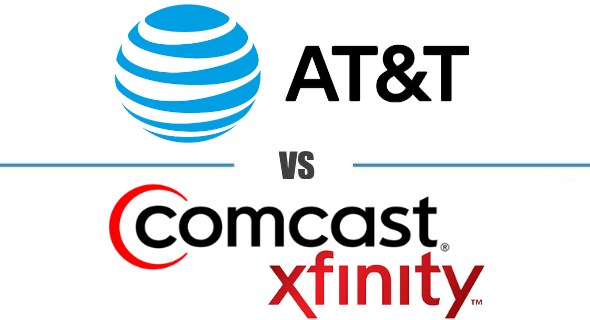Deciding whether to rent or buy your router and modem depends on your preferences, budget, and technical proficiency. Renting offers convenience and ongoing support, while buying provides long-term savings, better performance, and greater control over your network. Evaluate your needs and consider both options carefully to make the best choice for your home internet setup.

When setting up your home internet, one key decision is whether to rent or buy your router and modem. Both options have distinct advantages and disadvantages that can impact your internet experience and budget.
Renting equipment from your Internet Service Provider (ISP) offers convenience and continuous support. ISPs provide pre-configured devices that are easy to install, and if you encounter any issues, their technical support team is available to assist you. This hassle-free approach ensures minimal downtime, as faulty equipment can be quickly replaced at no additional cost.
ISPs frequently update their rented equipment to ensure compatibility with the latest internet standards and technologies. This means you don’t have to worry about your hardware becoming obsolete. For those who prefer not to keep up with technological advancements, this can be a significant advantage.
However, renting can be more expensive in the long run. Monthly rental fees accumulate, and over a few years, you could end up paying more than the cost of purchasing your own equipment. Moreover, these fees can increase over time, affecting your budget unexpectedly.
Purchasing your own router and modem can save you money over time. Although the initial cost is higher, you avoid the recurring monthly rental fees. High-quality equipment can last several years, making it a cost-effective solution.
Owning your equipment allows you to choose devices that meet your specific needs. Higher-end models offer better performance, with faster speeds, stronger signals, and advanced features like enhanced security and parental controls. This is particularly beneficial if you have a high-speed internet plan or multiple devices connected simultaneously.
When you own your router and modem, you have full control over their configuration. This includes updating firmware, customizing settings, and optimizing your network for better performance and security. You also avoid the risk of your ISP pushing updates that might affect your network setup.
One potential downside is the need to ensure compatibility with your ISP’s network. It's essential to check with your provider for a list of approved devices. Additionally, you are responsible for maintaining and troubleshooting your equipment, which requires some technical knowledge.
Consider your internet usage and required speeds when deciding. For heavy internet users, gamers, or households with multiple devices, investing in a high-quality router and modem can significantly enhance your experience. For more insights on what speeds you might need, check out What Internet Speed is Right for You?.
Security is a critical aspect of home internet networks. Modern routers come with advanced security features such as firewall protection, VPN support, and regular security updates. Investing in a good router can help protect your network from cyber threats. Learn more about securing your home network in Cyber Security for Families.
As technology evolves, upgrading your network equipment can improve your internet experience. Newer models offer better performance, more robust security features, and greater compatibility with the latest devices. For tips on optimizing your internet speed, visit Increase Your Internet Speed.
Deciding whether to rent or buy your router and modem depends on your preferences, budget, and technical proficiency. Renting offers convenience and ongoing support, while buying provides long-term savings, better performance, and greater control over your network. Evaluate your needs and consider both options carefully to make the best choice for your home internet setup.
For more detailed comparisons and advice, explore related articles on KonectEaze.

03/07/2024
When choosing an internet service provider (ISP), it's crucial to compare the offerings of AT&T and Comcast to determine which is better for your needs. This blog will provide an in-depth comparison, covering key aspects like speed, pricing, coverage, customer service, and additional features.
Read More
29/03/2024
Discover the top 5 Wi-Fi plans to keep you connected: pricing, features, and providers. Find the perfect fit for your digital lifestyle today!
Read More
08/10/2020
CenturyLink Gigabit internet service gives the residents of Denver and its surrounding areas the ability to browse the web at blazing fast speeds.
Read More